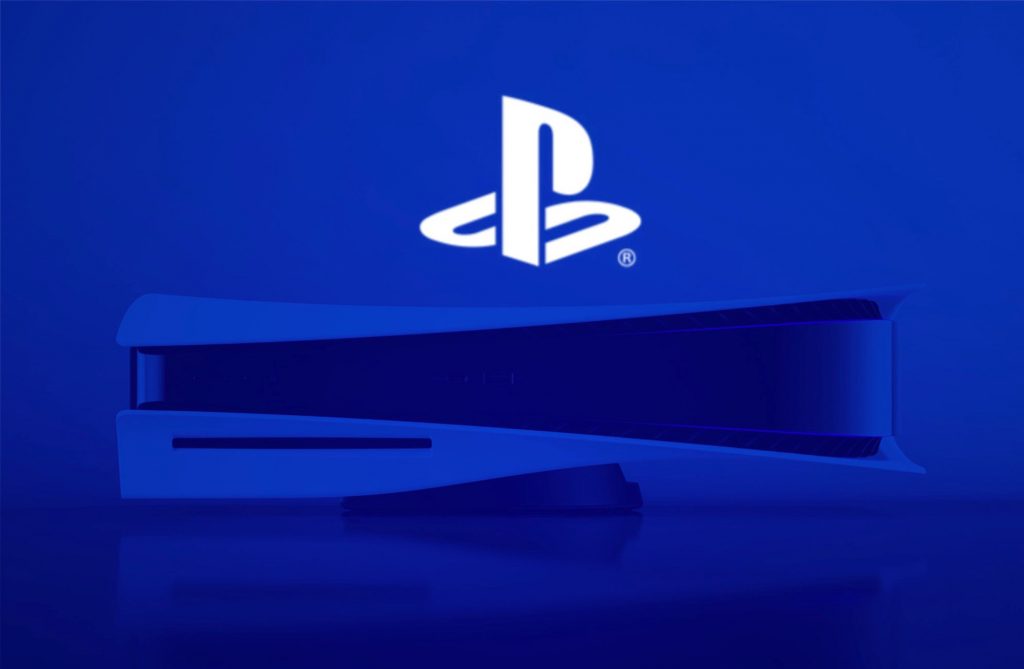Sony patent reveals that PlayStation is working with NFT technologies

If you thought that the NFT craze would die down and that your favorite console makers would refrain from getting involved, apparently you need to think again. NFTs, or non-fungible tokens, the unique non-fungible units of data stored on a blockchain, have swept through the world of technology, and now it looks like the PlayStation is on the way. A few weeks ago, PlayStation launched a program called PlayStation Stars, a rewards program, with rewards for in-game achievements, which the company insisted were not NFTs, but now we learn that they may be looking at the concept on the side.
This month, a Sony patent was published, titled “Tracking Unique In-Game Digital Assets with Tokens on a Distributed Ledger”, one that highlighted a process for creating, tracking, using and altering the transfer of digital assets created in-game.
The patent reads:
Skilled players of multiplayer video games gain popularity in matches or tournaments, which are often live streamed or otherwise broadcast to many viewers, likewise there are famous players who often live stream or otherwise broadcast gameplay of single or multiplayer video games, for occurrence where players perform or attempt speed races, in-game challenges, multiplayer matches or other gaming activities. Some players who are particularly skilled or charismatic may develop large followings of devoted fans, much like the fan following of famous athletes, singers, actors or other celebrities.
In some video games, a player may use digital assets during gameplay. Such digital assets may include, for example, specific characters, costumes or objects. In traditional video games, multiple instances of the same in-game element exist in the same copy of the video game and/or in different copies of the video game.
These different instances of the same element in the game are traditionally fungible, as they are indistinguishable from each other. For example, even if a particular in-game item is rarely obtainable in the video game, the in-game item is represented in the video game as a string of code that is identical to representations of other instances of the same in-game item in the same video game, and/or in other copies of the same video game. Therefore, in traditional video games, no digital asset is unique from other instances of the same element in the game.
As a result, in traditional video games, there is no way to know, track, or authenticate a story for a particular instance of an item in the game. For example, in traditional video games, there is no way to distinguish a specific instance of an in-game item that a known player of the video game used to win a known tournament from any other instance of the in-game item.
If the patent is anything to go by, NFTs, which at one point felt like they were fading into obscurity in the video game space, could be on the verge of skyrocketing with the likes of PlayStation, Konami and Square-Enix both of which apparently embrace the model.
Source


